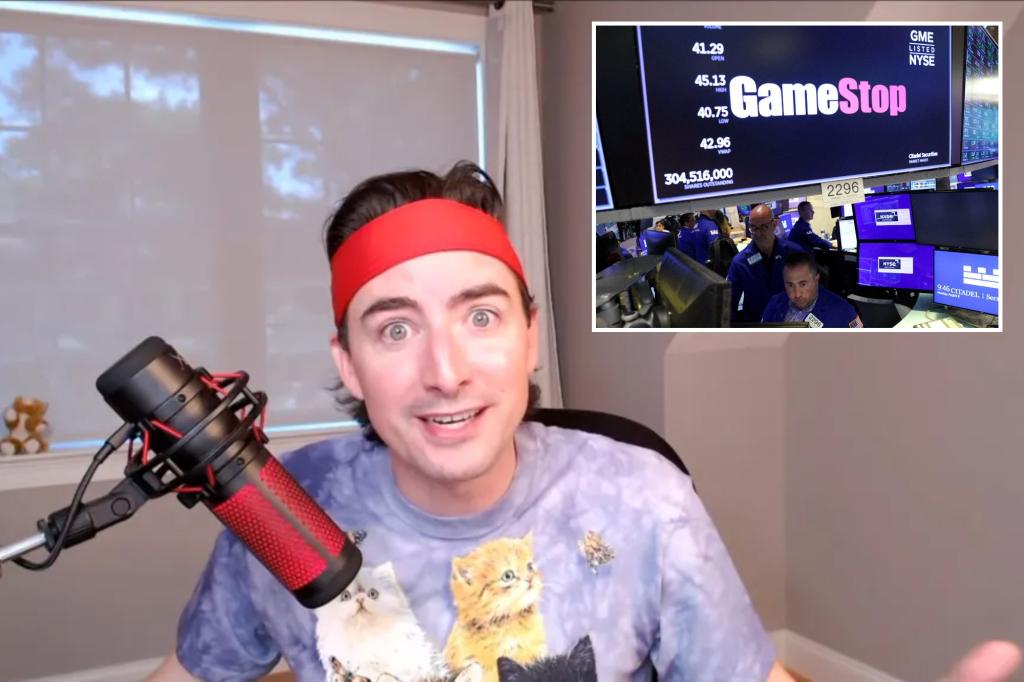GameStop and AMC both experienced significant drops in their stock prices on Wednesday, signaling a possible end to the recent surge in “meme stock” trading. GameStop shares fell by 31% to $32.40 per share, while AMC saw a 25% decrease to $5.10 per share. Throughout the beginning of the week, the two companies had collectively gained more than $11 billion in market value. The return of retail investor Keith Gill, also known as “Roaring Kitty,” who played a crucial role in the 2021 frenzy around GameStop and AMC, did not seem to be enough to sustain the recent rally.
Despite Gill’s resurgence in posting memes and engaging on social media, market conditions appear to be challenging this time around. Ben Laidler, a global markets strategist at eToro, noted that the end of the pandemic lockdown, the exhaustion of excess consumer savings, higher interest rates, and smaller short positions in the stocks all contributed to the unique circumstances facing these companies. The recent resurgence in interest in GameStop and AMC following Gil’s return was somewhat disconnected from their actual financial performance, as neither company had posted strong results in recent quarters.
Gill’s public activity on Reddit and the X platform, including the sharing of memes and movie clips, generated buzz and renewed attention to the struggling retailers. While @TheRoaringKitty account continued to post content, Gill has not disclosed his specific plans or intentions for the future. Data from Vanda Research indicated that GameStop and AMC were popular trades among investors Monday and Tuesday, as the excitement around Roaring Kitty’s return spread.
Experts noted that the recent interest in companies like GameStop and AMC was not driven by fundamental financial performance, but rather by speculative trading activity and a broader environment of high-risk investment behavior. Longbow Asset Management CEO Jake Dollarhide commented that GameStop, AMC, BlackBerry, and similar stocks would only thrive in a market where any investment could experience substantial growth. AMC’s decline was further attributed to an announcement regarding the issuance of new shares to reduce debt through the sale of bonds maturing in 2026.
Overall, the recent downturn in GameStop, AMC, and other meme stocks suggested a potential cooling-off period for the speculative trading trend. The involvement of Roaring Kitty and the continued interest from retail investors did not appear to be sufficient to sustain the previous momentum, given the challenges posed by changing market conditions and underlying financial performance. The disconnect between the trading activity and the actual value of the companies involved highlighted the unpredictable nature of meme stock rallies and the importance of understanding the broader economic context when making investment decisions.


